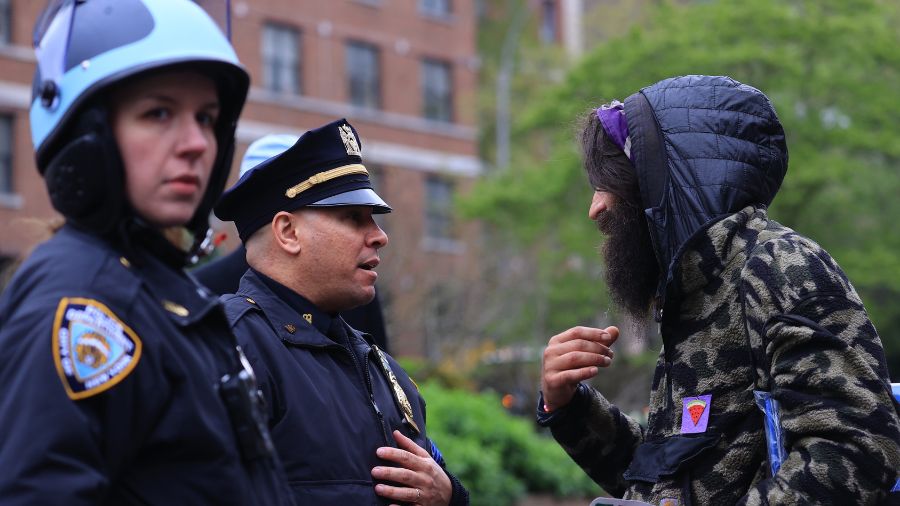Seattle’s ‘walkability’ hurts the poor
Apr 27, 2015, 6:05 PM | Updated: Apr 28, 2015, 5:36 am

Jason Rantz says a high walkability rate for Seattle only pushes up rent and hurts the poor. (AP)
(AP)
Congrats Seattle. You’re one of the 10 most walkable cities in the country. In fact, you’re number 8.
“Walk Score,” associated with the real estate company Redfin, just published its list of the Most Walkable Cities in the country.
What does that mean? That you basically don’t need a car to get around the city to live. You can walk to a grocery store. You can easily walk to the pharmacy or to restaurants or entertainment venues. It means it’s ultimately safe to do so and easy to get around.
“Walkability is about convenience, quality of life and everything outside the four walls of a house. When you live near the people and places you enjoy most, you can spend less time and money on transit and more time doing what you love,” according to Redfin.
Also on the list,
1. New York – 87.6
2. San Francisco – 83.9
3. Boston – 79.5
4. Philadelphia – 76.5
5. Miami – 75.6
6. Chicago – 74.8
7. Washington D.C. – 74.1
Good for Seattle. Walkability is something progressive activists like Seattle Mayor Ed Murray and councilmembers Kshama Sawant and Mike O’Brien fight for.
But understand something. Do you know what every single one of those cities has in common with each other, outside of walkability?
There seems to be this reluctance to admit that everything you’re doing to transform this city into what we see in many European cities is making it more expensive to live in.
Who can afford to live in these walkable cities? Rich people; not the lower middle class folks, not the working class folks that these same progressive leaders say they care most about. It’s rich people. Not just rich people, but white people because white people tend to be the ones better off, economically.
How does that work? Let’s look at Seattle.
You’ve got a workforce in the city fueled by companies like Amazon, Microsoft, Redfin, Facebook, Twitter, Google, Glymse — all these tech companies that pay a lot of money to their workforce.
At the same time, the city leadership is doing their best to rid the city of cars. So eventually, that Amazon employee ditches his car and the Facebook coder sells her car, and they can walk around the city. It’s walkable.
Without that car payment, insurance, and gas money, they have a few extra hundred bucks a month to work with.
Developers know this, so they come into Seattle and they build new high-end buildings. They know the residents can afford a bit more in rent, not just because of the high paying jobs, but because they’re ditching their cars.
The developers charge a bit more — pricing out a lot of people in certain neighborhoods. It’s why the rent control activists can no longer afford South Lake Union, Belltown, Capitol Hill, Eastlake and Queen Anne.
Now on top of it all, you’ve got the city leaders making the walkability of this city even better by putting a ton of money into parks. They institute the umpteenth property tax. Developers don’t really want to pay that tax so they pass it onto the renter.
Then the city wants to fund Metro more than it already does. City leaders want to dump money into the mode they’re forcing residents to take. They fund it with a property tax, and as it turns out developers still don’t want to pay that tax, so they pass it onto the renter.
At the same time, the city gets rid of parking spots for parklets no one uses the majority of the year because we have a weather problem in Seattle.
It means Seattle becomes less attractive to people who don’t live in Seattle proper because — weird how this works out — most people don’t envision spending a rare sunny day driving around the block 20 times looking for parking.
Instead, that parklet is super-serving the people who can afford to live in Seattle and be without a car: rich, white people.
It’s weird how this all works out, isn’t it? City leaders say they care about the minority communities, the poor, the middle class, but they perpetuate values and install policies that hurt them and benefit a wealthier set of people.














